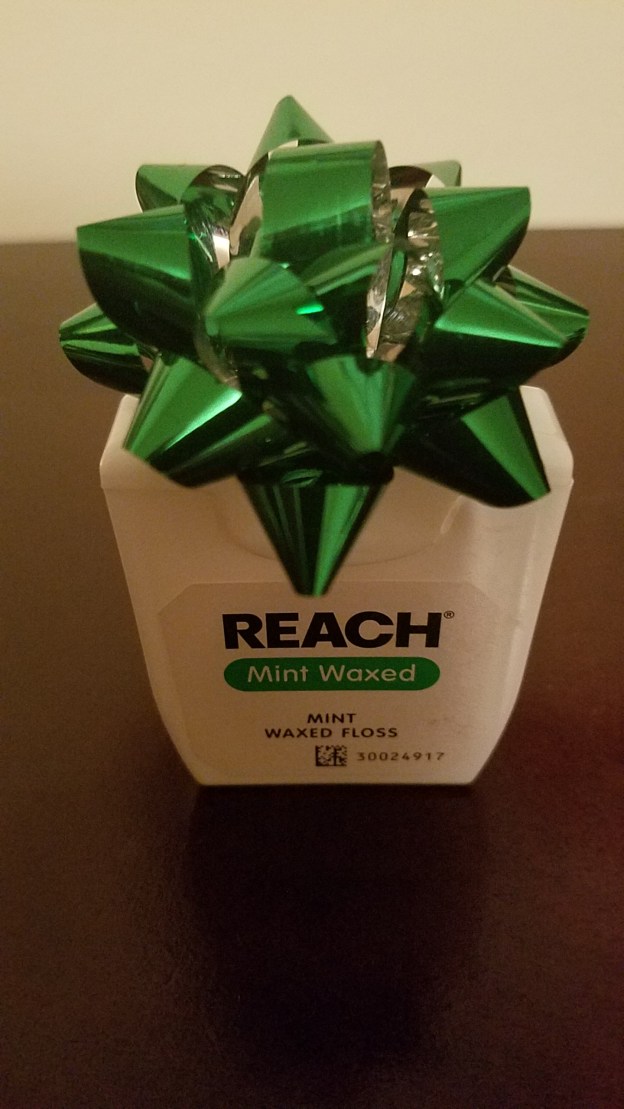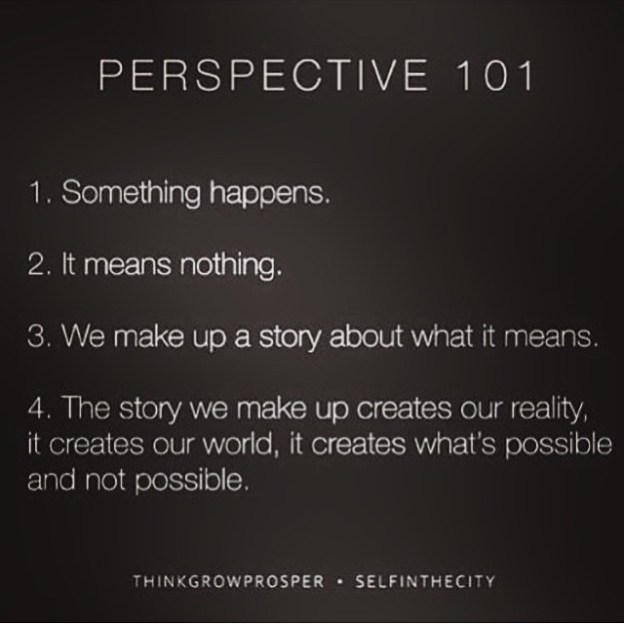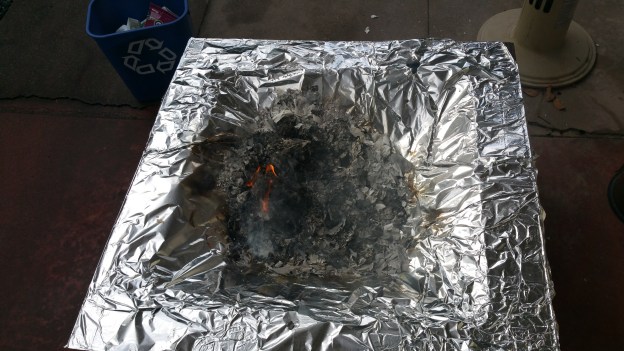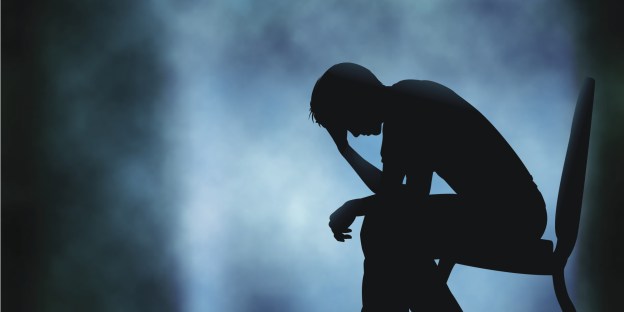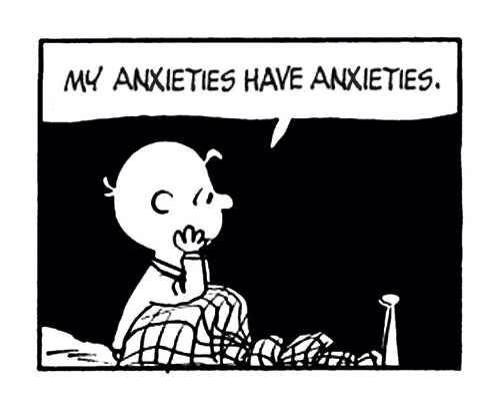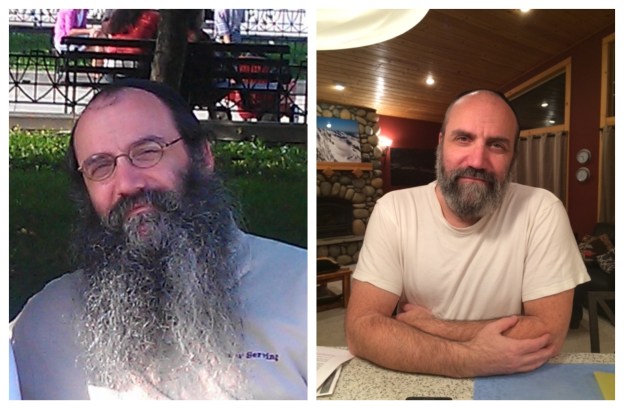ב”ה الحمد لله
How do you answer the question, “Who are you?”
Your name is a label. Your occupation is what you do for many hours a day. Your cultural heritage or religious affiliation may describe your past, your customs, your dress and even your way of viewing the world. But who are you? What exactly is the “you” that the question is inquiring about?
Let’s take someone who wants to be a war hero. A war hero is someone who acts heroically in battle. But in order to be a hero, you need to have been on the battlefield in a situation requiring heroic action, and then taken that action. If you are someone who has never seen action, then you aren’t actually a war hero. If you have seen action, but never had the opportunity to behave heroically, then you’re not a war hero. You may be a person with heroic potential, but you haven’t embodied it (yet).
Likewise, Michael Jordan was one of the greatest athletes to play the game of basketball. If he had never set foot on the court, he would have remained a person with amazing athletic potential, but would not have actually become one of the greatest basketball players of all time in actuality.
If you want to be someone who “turns the other cheek”, then you need to have been in a situation where someone actually strikes your cheek. Then you can choose to turn and present them your other cheek. Unless you actually have that opportunity and take that action, you remain simply someone with turn-the-other-cheek potential.
On some existential level, I suggest that the “you” we ask about with “Who are you?” is the combination of the soul that has the desire to act in certain ways in this life, and the actual life experiences that comprise the choices we have actually made.
Seen from this vantage point, if I am a soul that aspires to embody the “turn the other cheek” trait, then when someone approaches and slaps my cheek, I might actually, on some level, be grateful for the opportunity to embody my true nature by turning the other cheek. I might embrace the cheek slap as the necessary vehicle for me to embody my true nature. Because without that slap, I could not have actually turned the other cheek; without that slap, I would never have become a person who turns the other cheek. I would always have remained someone with turn-the-other-cheek potential.
Rabbi Akiva was a famous sage who was burned alive with a Torah scroll. The Romans wrapped him in wet wool to prolong his suffering. He apparently sang out in joyful prayer as his skin seared. His students asked, “Even now (you can sing God’s praises)?” He answered, “All my life I wondered if I could sanctify God’s Name (by giving my life) if I was asked to. And now I know that I can!”
To get more personal… I’ve lived through some hard experiences as a child. Over my life, I’ve had different reactions to the events themselves and the subsequent difficulties arising from them.
In the early days, I pushed them as far away from my mind as possible, so that I could function in the world.
Later, I revisited them for healing, and gave voice to the anger and bitterness against the people responsible for them. And at times I felt sorry for myself for having suffered so much in my early years.
When I started a meditation/Zen practice, I looked at the roots of the suffering and found compassion for both the perpetrators and myself. Over time I saw that some of the character traits I treasure in myself arose in large measure because of those hardships. So I was able to have a measure of gratitude that I had endured such difficulties.
When I became more religious, I was inspired to actually thank God for the opportunity of living this life. I know that some people get angry with God and wonder why they have had to suffer; others assume their pain has been a punishment for some kind of sin (in this life or a previous one). But I had a vision that convinced me that I had chosen this initial life trajectory and had been given the strength to make it through. There was no unfairness, no punishment, nothing to complain about. I had chosen it willingly. And I thanked God for that opportunity.
But throughout, there was an assumption that the events themselves were things that had happened to me. Shaped me in good ways, perhaps, helped forge my character and so on, but in essence something from “out there” in the world that had sharply intruded into my personal development.
Many nights ago, I was in a structured session designed to allow difficult feelings to arise. Some of the old familiar pain arose. The fear, the sense of futility, the grey numbness, the self-blame, and the intense need to run away from any kind of thought or feeling. And as I stayed with those emotions and let them play out in my consciousness, an interesting thing happened.
I saw the old painful events as essential.
In that moment of reliving and healing from old wounds, in the moment of appreciating how central that pain was in allowing me to embody the deep nature of who I am, I actually spread my arms to embrace the suffering. In order to be the guy who could live through those ordeals and (to some measure) come out the other side a reasonably decent person, I had to actual experience the suffering. Otherwise, I would have just been a guy with live-through-it-and-thrive potential. To actually become the person my soul needs to embody, I had to go through those painful experiences.
And in the moment, in actually spreading my arms to receive the old pain, I had a different understanding of the Christian image of Jesus on the cross. Leaving aside theological questions of who Jesus was or is, I was able to see the crucifixion as an opportunity for Jesus to embody a deep love that included his persecutors and his betrayers. A love so large that it needed such a situation to be expressed. Without it, Jesus would have a been a teacher with the potential for showing such a vast love, but not someone who actually had shown that love. I remembered hearing that Jesus reportedly felt abandoned by his Heavenly Father at that moment, and it suddenly made sense to me. Feeling that spiritual abandonment in addition to all the worldly pain was necessary to show the great love that Jesus was embodying at his most difficult moment. For the demonstration of his love to be what it needed to be, the circumstances had to be as harsh as possible.
I recognize that hearing this point of view, and how it arose in my experience may do nothing to help someone else who has anger, resentment and lingering effects of trauma or abuse. And my apologies if something I’ve written here is painful to read. But it was quite a moment for me, and I wanted to share it.
Since I’m writing on a sensitive subject, let me respond to a few potential misunderstandings or reactions to what I’ve written so far:
- In our adult lives, I don’t think our soul’s ideal is to passively endure abusive behavior, but rather to take firm and appropriate action to end it.
- Nothing here should be read as justifying abusive actions on the part of others
- Some may see in this perspective a “story that I tell myself” to feel better about what has happened to me; a “feel-good” panacea that helps me avoid seeing the world as a dangerous or unfair place. Perhaps I am just fooling myself by trying to see meaning where none exists. That’s certainly a legitimate viewpoint, and one I can hardly disprove. But (of course) it’s not where I live. Still, I think it’s natural to have thoughts like that (I do myself occasionally!), and I thought I’d acknowledge that, in case it’s helpful.
As I see it, when we encounter difficulty, when we are disappointed or frustrated, betrayed or teetering on despair, we have a unique opportunity to become in actuality the person that, up until then, we only had the potential to become. The difficulty we encounter may be a gift for us to embody our soul’s ideal.
And even if we don’t succeed in manifesting our ideal, we still have the opportunity to become the person who has done our best. And that is no small thing.
For me, part of my soul mission is being a person who never gives up. So even an opportunity where I feel like I failed to be my authentic self in some other fashion is still an opportunity for me to be true to my soul — by being the man who doesn’t give up in the face of discouraging outcomes.
So while I don’t always find that accepting, gracious response in the moment, I do know it’s available in general.
And when I do welcome the experience in the moment, it’s an especially sweet embrace.
May you find it in your heart to embrace the life you have lived thus far, to be thankful for all the events and opportunities therein, and to find joy in the person that you have expressed yourself to be in the past (even with all your imperfections).
May you be well-pleased with your future choices which express the beautiful nature of your soul in this world, especially when the circumstances are challenging.
